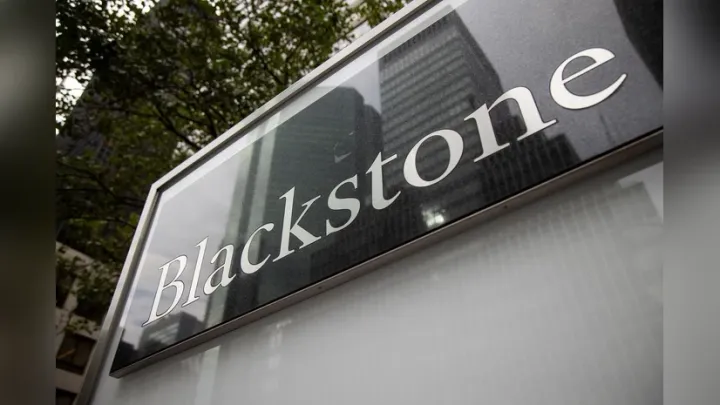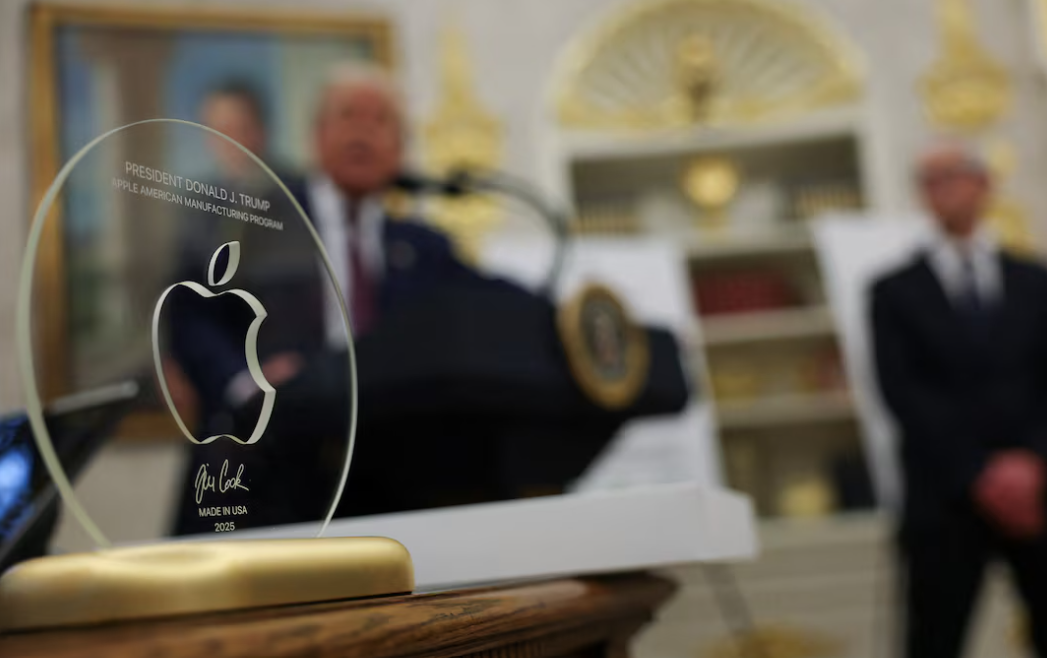Stocks on Guard for Payrolls, Tesla Tumbles as Trump-Musk Bromance Sours

Asian equities fell on Friday as traders waited for the release of the widely-anticipated U.S. payrolls report, an important gauge that can redefine expectations for interest rate policy in the global economy's biggest economy. The note of caution came after a week of lower-than-projected U.S. economic reports, which stoked increasing fears of stagflation — stagnant growth and intractable inflation — and set high stakes for today's employment data.
At the heart of market jitters is the specter that a soft payrolls reading would portend a cooling labor market, further testing the Federal Reserve's already tricky balancing act. Although inflation has been sticky recently, indications of economic weakness — including soft manufacturing, consumer sentiment, and private payrolls readings earlier this week — have undercut the resiliency of the U.S. recovery. A sharp downside shock to the employment report would fuel demands for the Fed to lower interest rates earlier than expected.
Aiding the market's pain, Tesla stock plunged in a sharp sell-off following a spectacular breakdown in the previously close relationship between ex-President Donald Trump and Tesla boss Elon Musk. The public spat, which unfolded on Twitter and in news interviews in the last 48 hours, involved Trump castigating Musk's business acumen and political stances while Musk fired back with a set of snarky attacks on Trump's style of leadership and age.
The backlash created shockwaves across markets. Tesla shares fell as close to 8% on Thursday's trading and extended its fall during early Asian hours Friday. Investors worry that the conflict could have more far-reaching implications for Musk's political agenda, Tesla's regulatory status, and the company's eligibility for future federal incentives, particularly if Trump returns to political power in the coming election.
Tesla's drubbing also pulled down tech-laden indexes, with Nasdaq futures declining along with it. Elsewhere in Asia, broader indexes reflected Wall Street's anxiety. Japan's Nikkei declined 1.1%, Hong Kong's Hang Seng lost 0.9%, and South Korea's KOSPI declined 0.8% as investors retreated to the sidelines ahead of U.S. jobs data. Chinese blue chips also recorded modest falls, with concerns regarding poor domestic demand and a weak property market still weighing on sentiment.
Market players are acutely conscious that this morning's payrolls report can potentially be a driving force for extreme volatility. Economists are forecasting the American economy to have created approximately 180,000 jobs in May, a moderate deceleration from April's 253,000. Anything less than 150,000 can exacerbate recessionary concerns and a considerably stronger reading can further postpone forecast rate cuts and destabilize bond and equity markets in equal measure.
The jittery bond market registered modest advances as investors flocked to safe havens. U.S. Treasury yields moved marginally lower, with the 10-year benchmark yield falling to 4.26%, mirroring expectations of a dovish Fed if economic numbers continue to underwhelm. The dollar remained unchanged, with market participants reluctant to make significant moves before the employment data.
Commodities were also eased by renewed concerns of global demand. Brent crude was down 0.5% at $79.32 a barrel, while U.S. West Texas Intermediate (WTI) dropped to $74.95. Gold, drawing strength from its safe-haven demand, inched higher to trade around $2,370 an ounce.
With the clock ticking toward the payrolls release, markets are in suspense. A soft print would reinforce rate cut hopes as early as September but also revive concerns of a sharper economic downturn. The political dramas unfolding between Trump and Musk meanwhile are adding a fresh degree of uncertainty to a market already dealing with inflation, geopolitical tensions, and central bank ambiguity.



